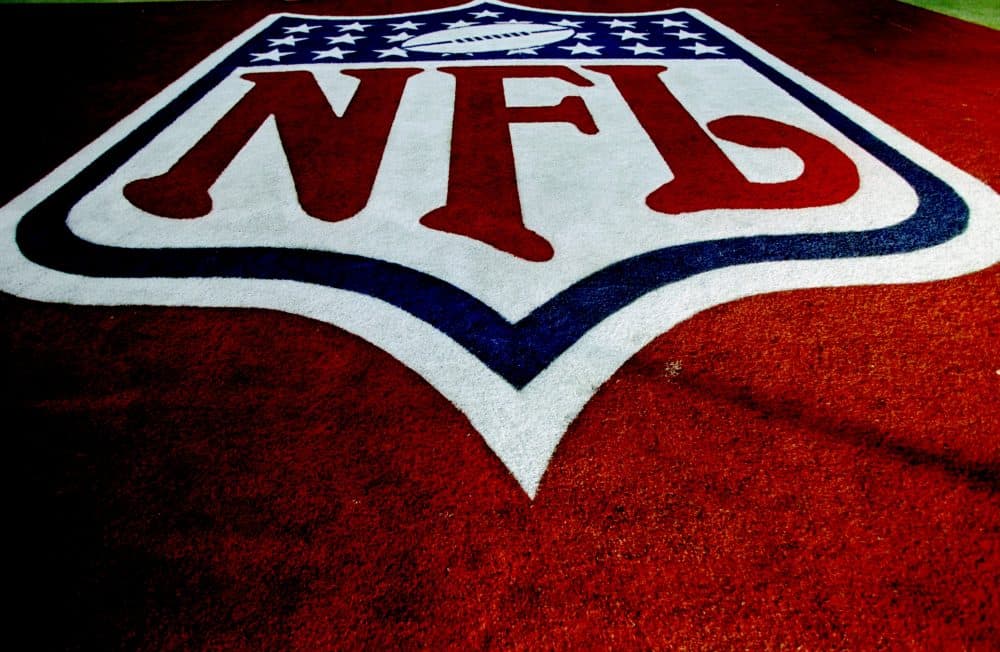Advertisement
Littlefield: The Atlanta Falcons And A Painkiller Problem
Resume
The timing was unfortunate for fans of the Falcons. The email chain from 2010 about “excessive reliance on painkillers” among Atlanta players surfaced just before the Super Bowl in which the Falcons will participate.
But Atlanta is representative.
Individual players have been bringing this issue up for years. Most of them didn’t play for the Falcons. More than 1,800 former players are currently involved in a class action lawsuit charging that they were systematically encouraged to depend on prescription painkillers by doctors and trainers who failed to warn the players of the long-term consequences of the abuse.
An argument can be made that, as adults, the players should have informed themselves about the potential danger of the pills and injections.
And an argument can be made that in a culture where somebody who can’t do his job will be quickly replaced and forgotten, players don’t have to be encouraged to take whatever they have to take to remain active. This is especially true for young men who’ve been pointing toward a career in professional football since they were identified as the biggest or the fastest kids on their youth teams. They’ve gone to college on football scholarships. There they’ve learned what happens to “student-athletes” who get injured and fail to return to action on a schedule established by coaches and trainers.
The particular email chain involving the staff of the Atlanta Falcons, including team owner Arthur Blank, references concern that the Falcons are dispensing painkillers at roughly three times the rate of other NFL teams. The tone of the emails suggests that the front office is anxious about possible embarrassment, rather than the health of the players.
Part of the problem is that in the context of pro football, “health” takes on a meaning peculiar to the profession. Players are “healthy” if they can play. They may be playing despite injuries that would keep an accountant or a police officer in the hospital. The “health” of a player might rest on numbness and the determination to hold on to the only job for which he has ever prepared.
In the context of the NFL, such determination is celebrated. Players respect other players who do what they have to do to keep playing. Fans do, too.
The only relatively new development is that currently, almost 2,000 former players are arguing that the reckless distribution of drugs to people misinformed about their impact renders the distributors liable under the law.
